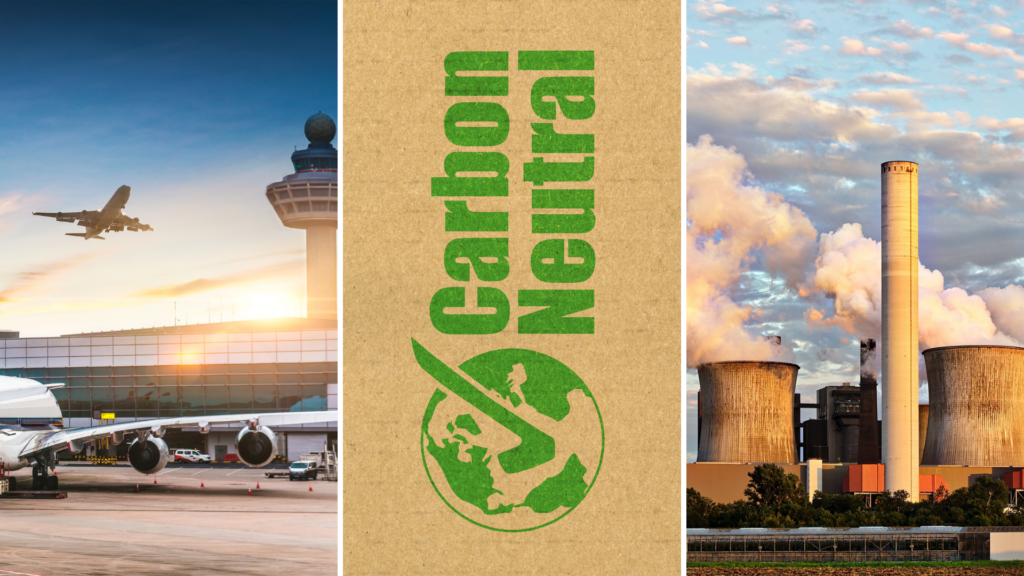Greenwashing is alive and well, according to a report published on Monday that looked at the stated ambitions of 24 multinationals from all sectors. The report found that the climate commitments of major companies on the whole lack credibility and transparency.
The study by the NewClimate Institute and Carbon Market Watch think tanks assesses the strategies of giant retailers, food and beverage companies, transport companies and other industries that together accounted for 4% of global greenhouse gas emissions in 2019. All of them are keen to promote their climate commitments.
The reality, however, falls far short of the promises. The report notes a general lack of progress since last year's edition: “Most companies’ climate strategies are entangled in ambiguous commitments, offset plans that lack credibility and exclusions in the extent of emissions.”
Such is the case with American Airlines, which has only a distant promise of carbon neutrality for 2050 and no target for 2030. It calls attention to the false premise that “sustainable” fuels will make their operations sustainable.
The authors noted that “replicable good practice can be identified among a minority”. Of the 24 companies surveyed, only the climate strategy of Danish shipping giant Maersk – which is investing in alternative fuels and new ships – has an integrity that is deemed “reasonable”. But no company achieved a level of “high” integrity.
The strategy of a further 15 of the companies surveyed is rated as having “low” or “very low” integrity. The poor performers identified are American Airlines, French supermarkets Carrefour, Brazilian meat giant JBS and Korea’s Samsung.
Related News
These findings are based on the companies’ own emissions data and, among other things, their use of ‘offsetting’. The latter is widely used, with 23 out of 24 companies using it to meet their climate targets.
It consists of financing, for example, the planting of millions of trees or renewable energy projects, which will then “offset” or absorb CO2. The use of these mechanisms, which are poorly or inadequately verified and are often a substitute for reducing emissions, is severely criticised by UN experts.

